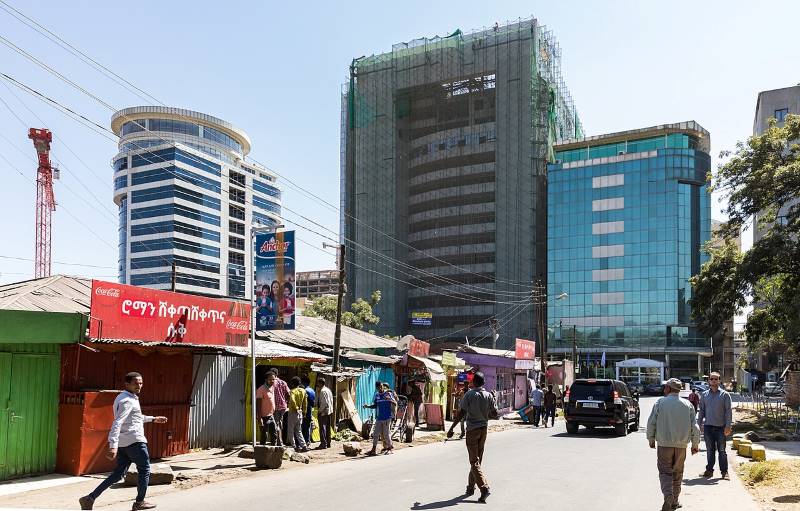Header Image Photo by Worldspectrum
In a February 25, 2020 article titled “The Case for Accelerating Financial Inclusion in Black Communities”, the Mckinsey Institute for Black Economic Mobility noted that “as of 2016, the average Black American family had a total wealth of $17,600 – about one-tenth the wealth of the average white American family, which stands at $171,000. This gap leaves many Black families at a significant economic disadvantage, with less financial security and less ability to fully participate in the economy. Less wealth also means Black Americans are underrepresented in the market for financial products and services”.
Continuing, the article further highlights that “a lack of access to financial services is not just a symptom of racial wealth gap; it is also a cause. Without the ability to affordably save, invest, and insure themselves against risks, many Black families struggle to the income they earn into wealth”.
With the growing clamor for more financial inclusion among Black communities, many are turning to the opportunities afforded by blockchain technologies to achieve financial empowerment that protects them against life’s uncertainties and assures them of a more secure future.
Blockchain is a digital ledger technology that allows transactions across a business network without the needed intervention from intermediaries such as banks. Offering payment services such as Peer-to-Peer (P2P) transactions, blockchains provide a secure and transparent platform that assures convenience and accessibility.

Photo by: Kaboompics.com
Financial services are a great tool to translate income into wealth and shrink the racial wealth gap, this is one of the several ways blockchain technology is driving financial inclusion and independence. By offering myriads of investment opportunities, the ability to create wealth through investment in asset-yielding ventures can be leveraged by Blacks accessing the system.
One such tool it uses to achieve financial inclusion is the classic cryptocurrency platform. This digital currency platform which operates on a decentralized network that is not under the control of a central authority or government interference affords Black people an opportunity to explore investment options without the needless restrictions that are common within traditional banking systems.
With such opportunities provided by blockchain technology, reaching the unbanked becomes feasible more so with the availability of a smartphone and internet access. With fewer identification processes and lower transaction fees when compared to traditional banking systems, the ease of using these platforms can spur Black communities to invest, transact, and explore more financial options that were not available to them with conventional banks.
Blockchain technology also provides easy access to funding for new business ventures or borrowing to meet pressing obligations. With the growing restrictions to accessing loans to start or grow their businesses, many Black entrepreneurs are looking to blockchain platforms as a means of generating the capital needed, thereby boycotting the traditional lending requirements and the biases associated with accessing finance. With further advancement in technology, remittances have also become swift and seamless helping Black businesses to meet everyday obligations and bringing more persons onto blockchain platforms.
Blockchain technology continues to offer opportunities for deepening financial inclusion as well as financial freedom, especially among Blacks who have experienced systemic biases from traditional banking systems.
By having access to credit, and investment avenues outside the conventional system, Black communities can build sustainable wealth, make informed financial decisions, address poverty, and contribute to the growth of their local economy.

Okechukwu Nzeribe works with the Onitsha Chamber of Commerce, in Anambra State, Nigeria, and loves unveiling the richness of African cultures. okechukwu.onicima@gmail.com





